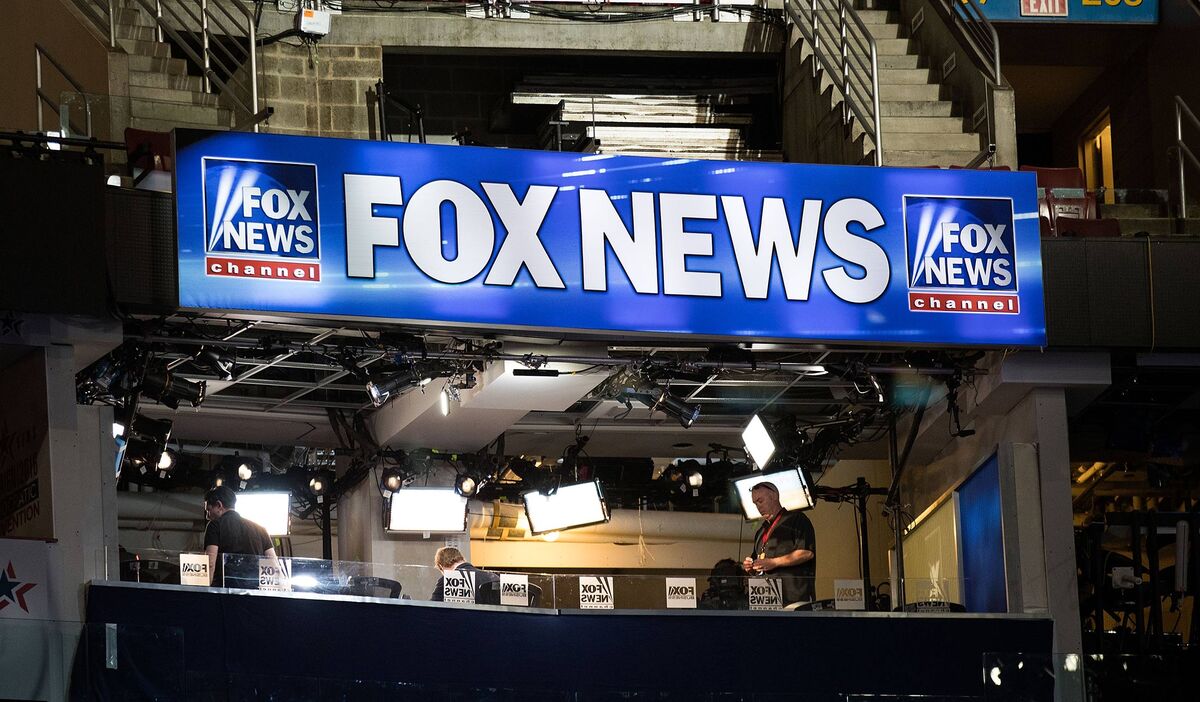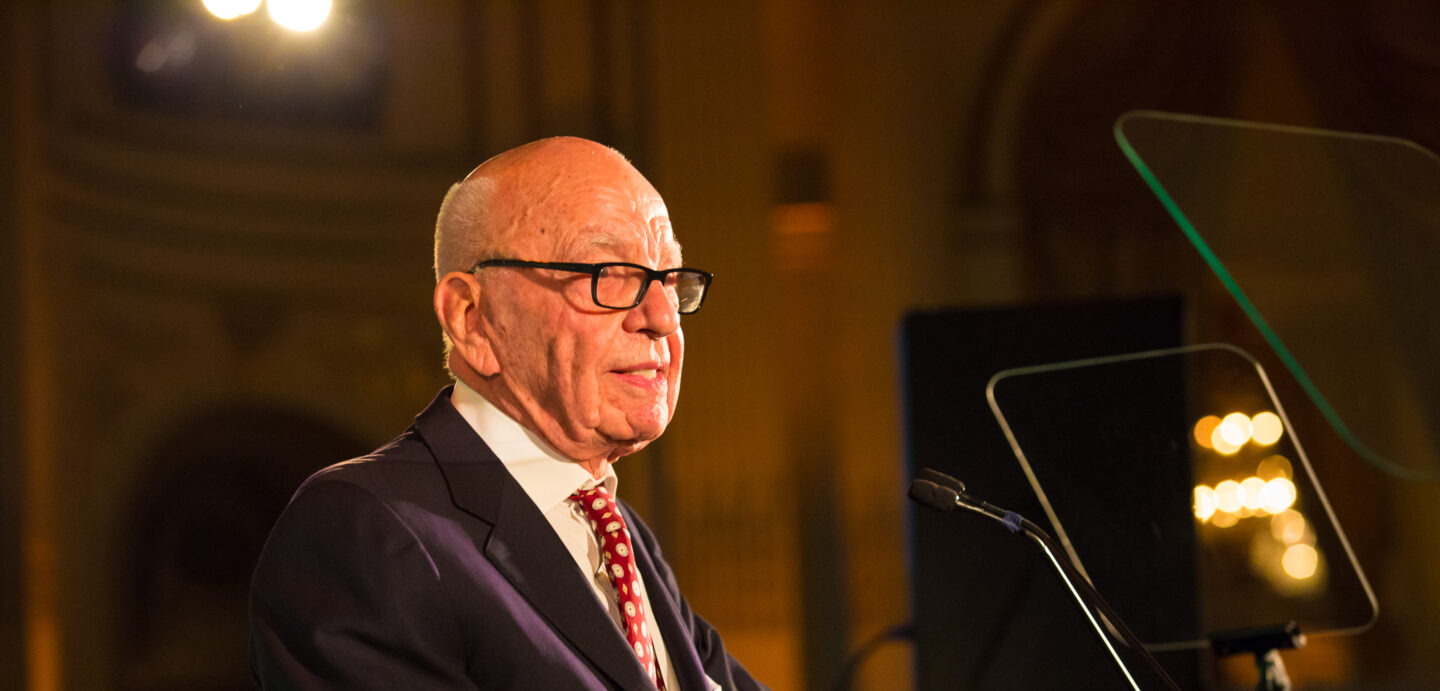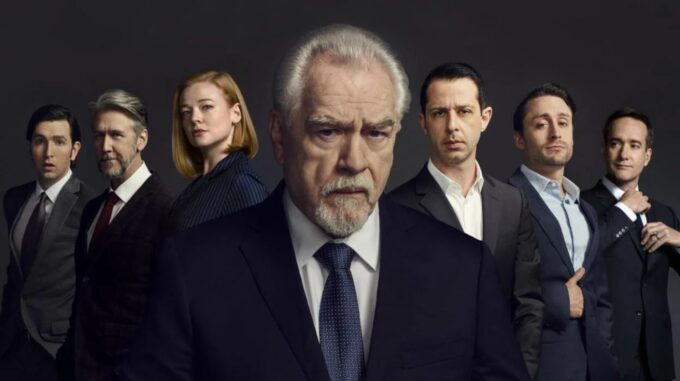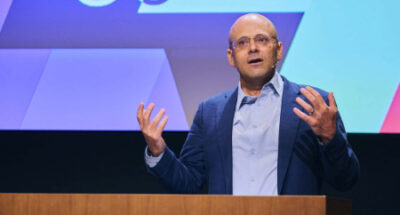Instead, the committee mostly asked the two men whether they had attended specific meetings, read specific emails, or authorized specific payments. Rupert Murdoch’s repeated “I don’t remember,” answers reminded me of Sargent Schultz, the sitcom character infamous for saying, “I hear nothing, I see nothing, I know nothing!”
Financial pundits opined that the hearings hadn’t damaged the Murdochs. News Corp’s shares rose sharply.
What could the committee have done?
When it asked if Murdoch had considered resigning, he replied, “I feel that the people I trusted, I don’t know who, … let me down … I think they behaved disgracefully, betrayed the company and me, and it’s for them to pay.”
The obvious, unasked challenge to this would have been: “You are seemingly saying that your hand-chosen executives were incompetent and failed to create strong processes. Your protégée, News International CEO Rebekah Brooks, was arrested. Others you personally hired are under criminal investigation. You are the head of a global news organization. How did you make so many errors of judgment?” (Murdoch rehired Brooks in an expanded role immediately after a jury found her not guilty.)
The committee could have continued: “The mere raising of the possibility of hacking a kidnapped teen’s phone should trigger multiple alarms. It did not. You either failed to craft the right culture or chose not to do so. Which is it? If a corrupt culture and/or an ineffective leadership team didn’t engender the hacking, can we attribute it to your company’s strategy?”
Murdoch insisted, “Frankly, I’m the best person to clear this up,” even though the scandal had imperiled News Corp’s plan to acquire the shares it didn’t already own of BSkyB, a satellite-TV broadcaster.
Asked if he “ultimately” was “responsible for this whole fiasco,” Murdoch said, “No.”
In doing so, he rejected a widely accepted leadership principle that inextricably intertwines command with responsibility: A ship’s captain is responsible for even mistakes made by no-name underlings.






 Audio available
Audio available
